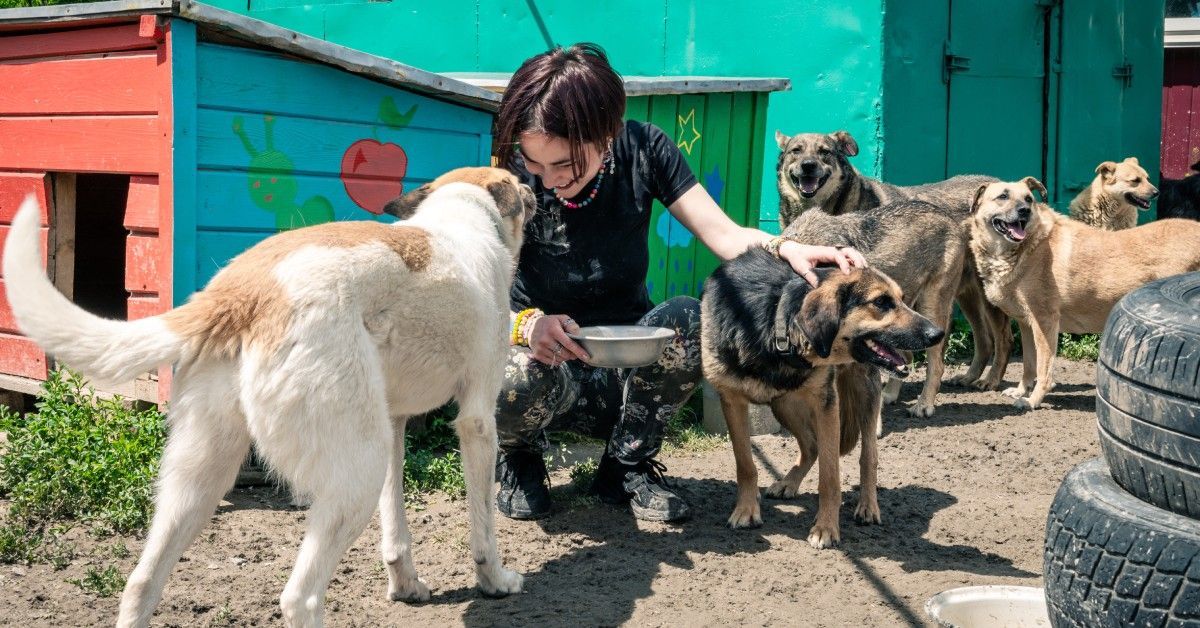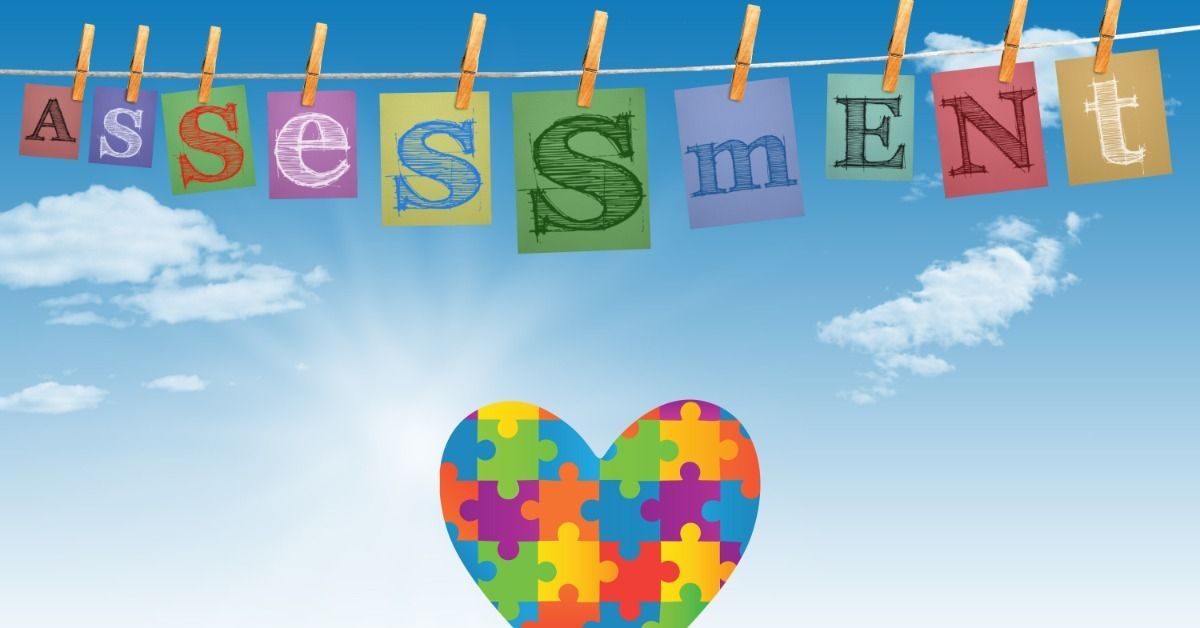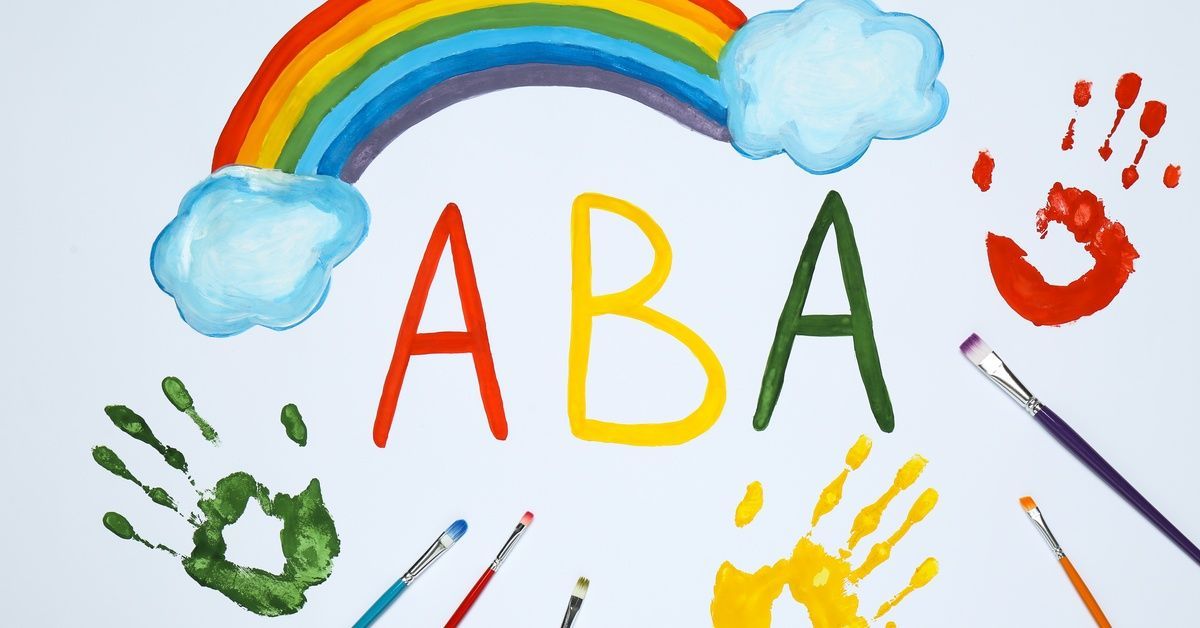Skill-Building Volunteer Opportunities for Teens With Autism
The teenage years are full of curiosity, growth, and the search for belonging. For teens with autism, this stage brings its own set of rewards and challenges, but it also presents a powerful chance to build skills in a caring environment. Thoughtfully chosen skill-building volunteer opportunities for teens with autism can encourage independence, help uncover hidden strengths, and nurture a sense of accomplishment. Volunteering is more than hours logged; it's a journey that helps teens learn lifelong skills while giving back to their communities.
A good volunteer experience provides a gentle, structured environment to practice social skills, manage responsibilities, and follow step-by-step instructions. When teens get paired with tasks that interest them, the results are often transformative. The right environment builds confidence and creates an experience that feels rewarding and meaningful, not overwhelming.
Connect Volunteering With Your Teen’s Passions
Great volunteer experiences begin with your teen’s unique interests. An animal lover might feel at home at a local rescue, while a teen who enjoys quiet, hands-on activities may thrive in a library. Start by asking your teen what brings them joy. Does your child enjoy spending time outdoors, working on a computer, creating art, or helping others?
Matching a volunteer role to your teen’s real interests does more than just get them through the door. It keeps them engaged and motivated, making new or unfamiliar situations easier to manage. When teens care about the mission, they’re more likely to invest energy, work through setbacks, and feel proud of their efforts.

Animal Shelters Give Structure
For some teens with autism, animals provide acceptance and a soothing presence. Local animal shelters can be ideal spots to volunteer. Many offer roles that focus on consistency, like walking dogs, feeding pets, or helping with cleaning routines.
These responsibilities encourage empathy and reliability. Completing set tasks, following a routine, and seeing the positive impact on the animals all help build a sense of success. Opportunities like these naturally offer social practice too, but with less pressure than some other group settings.
Nature-Based Volunteer Roles Benefit the Mind and Body
Spending time outdoors brings its own unique rewards. Parks, gardens, and conservancy groups welcome teens looking to lend a hand with planting, weeding, trail maintenance, or cleanup events. These roles let teens work solo or alongside a small, friendly group, easing social stress.
Physical tasks outdoors can offer a healthy sensory balance for many. Seeing a garden flourish or a trail cleaned up thanks to their effort brings both pride and visible progress. These experiences build responsibility and gently foster new friendships and teamwork skills.
Libraries Offer Calm and Purpose
Many libraries buzz with quiet energy and structured opportunities—an excellent fit for teens sensitive to noise or crowds. Volunteer jobs might include shelving books, preparing for children’s programs, or helping organize materials. Some libraries even offer tasks like assisting with simple data entry or setting up displays.
These roles encourage organization, attention to detail, and independent problem-solving. The predictability of a library helps reduce anxiety and supports focus. Over time, library work can spark a love of reading, learning, and even community leadership.
Food Pantries Teach Teamwork and Responsibility
Local food pantries or kitchens often need volunteers for specific, concrete tasks. Teens might sort donations, stack shelves, or pack grocery boxes for families. The clear goals and hands-on work in these settings make it easier to focus, even in a group.
These roles build practical skills, like following instructions and organizing items, and a strong sense of empathy. Teens see the direct results of their work and learn how individual effort adds up to real help for others. That sense of purpose often keeps them coming back.

Senior Centers Encourage Compassion and Connection
Senior centers and assisted living communities open doors for meaningful intergenerational experiences. Teens might read aloud to residents, help with art projects, or offer help with basic technology, like setting up a tablet or video call.
These opportunities let teens practice conversation and patience—skills that extend far beyond volunteering. One-on-one moments with older adults can foster lasting bonds and remind teens how valued and capable they are, even when trying new things.
Help Teens Shine By Playing to Their Strengths
Every teen brings something unique to the table. The right volunteer opportunity celebrates those gifts. Highly organized teens might excel at keeping inventory logs or sorting items. Artistic teens could create fun posters for community events or help with decorations.
Focusing on what your teen does well raises self-esteem and brings genuine pride in their contributions. Put their strengths front and center, and you’ll see confidence begin to grow. When challenges pop up, the positive experiences from volunteer work offer encouragement to keep moving forward.
Prep Together To Ease First-Day Jitters
Starting any new activity often brings nerves. Support your teen by preparing together with these steps.
- Visit the volunteer site before their start date.
- Say hello and introduce yourselves to the staff or supervisors.
- Review a simple checklist of daily tasks.
- Practice the language or scripts they might use to ask questions or request help.
This hands-on preparation builds comfort and sets realistic expectations. When teens know what’s coming and who will greet them, they’re more likely to relax and focus on the experience.
Volunteer Work Is Real-World Practice for Life
Volunteering naturally weaves in lessons about responsibility, punctuality, and proper communication. Use this opportunity to teach your teen about standards for dress, showing up on time, and how to communicate if they have to miss a shift.
Mistakes and small hiccups are normal. Use those experiences as gentle teaching moments. Try practicing new scenarios or conversations at home, like how to introduce themselves or ask for more instructions. These life lessons create strong building blocks for the future.
Connect With the Right Support Along the Way
Families thrive with support while pursuing growth and independence. As you encourage volunteering, consider support from professionals who understand autism. A center for autism spectrum treatment can partner with your family, providing tailored resources and therapy options that fit your teen’s goals. These experts blend evidence-based strategies with hands-on skill-building, making community engagement even more meaningful and successful.
Celebrate Progress
Progress looks different for every teen, but it’s always worth celebrating. Whether your teen completed their first shift, tried a new task, or shared a kind word about their experience, remember to recognize each step. Praise effort, not just results, to encourage a positive connection to volunteering.
When you explore impactful skill-building volunteer opportunities for teens with autism , you help your teen and your whole family grow together. Every new experience is a chance for discovery, connection, and self-confidence. With encouragement and the right tools, teens with autism can give back, gain independence, and build meaningful community ties—all while feeling supported every step of the way.






